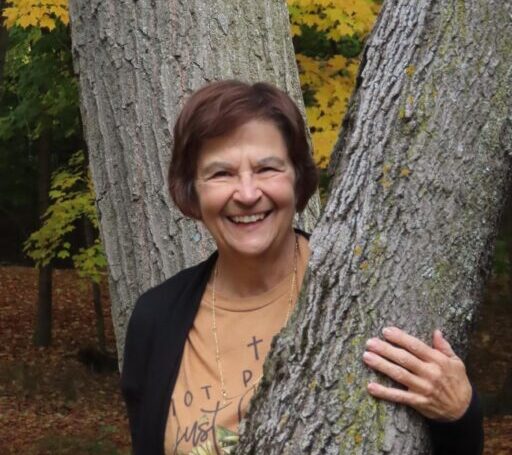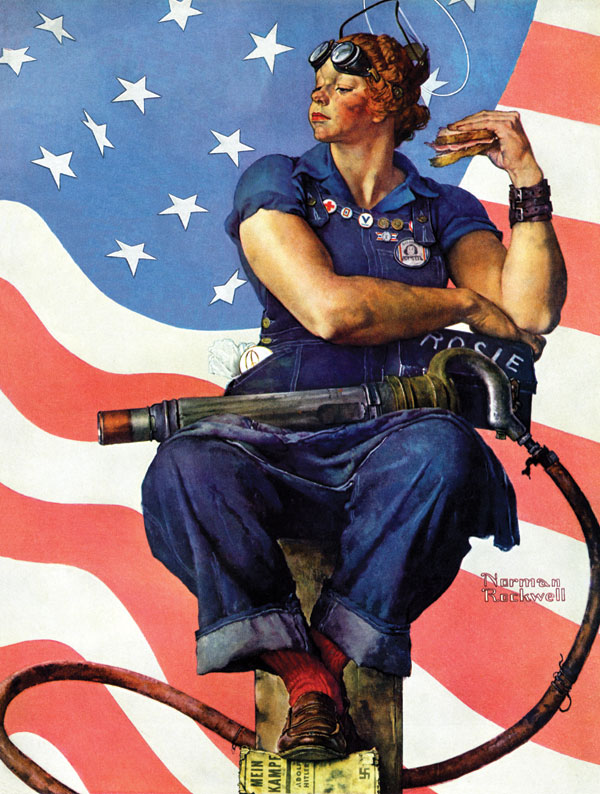Fall Reflections
September is one of the most beautiful months God created – at least in our part of the country. I enjoy each season and the diversities they bring. To me, fall not only means trees gowned in beautiful oranges, yellows, and reds, but it also means apple cider candles, cute knit hats in earthy tones, hot tea sipped beneath a light blanket on the porch, and walks down the country lane while savoring the rich woodsy smell that rises from a nearby chimney. It’s a time of preparation as many gather in their garden produce; filling mason jars with green beans, red beets, and yellow corn. What a pleasant and securing sight to see colorful quarts and pints lined up on kitchen counters, waiting to cool before they are carried down to the shelves where they will be stored and readily accessible for the colder months ahead. I do my share of gathering for the colder months ahead, but in the form of books placed on my Kindle or on my shelf. I’ll make sure I have a Tracie Peterson, a Max Lucado, a Debbie Macomber, and a Henry Ripplinger at my fingertips for upcoming cold nights in front of the fireplace.
As much as I love fall, it also brings a touch of sadness to my soul as September 23rd approaches. Just as the fruit of our gardens end their seasons, so it is that my father ended his earthly season on that beautiful fall day two years ago. He was all about making lives easier for those he loved and he continued doing that even up to death. As a nurse, I have witnessed many deaths, and those patients that are dependent on oxygen are very seldom dealt easy deaths as their lungs often “fight” for every breath in the last hours of life. I dreaded the time when we would be gathered around Dad’s bed watching this happen to the father that meant so much to us. My brother Dave sat in the easy chair near the window of Dad’s hospital room on the afternoon of September 23rd. With no previous warning and no difficult breaths, the cardiac monitor sounded. Dave looked up, and Dad was gone. It was as if Dad was still making our lives as easy as he could, and we were spared the agony of watching him struggle.
His family continues to miss him – his smile, his laughter, his wise words, and his patient demeanor. But it is with great thankfulness that we look back and know we were given a gift for those 85 years when we shared a special husband, dad, and grandpa. Not one of us would wish him back to endure the earthly physical limitations and trials that were appointed him, but oh my, we look forward to that day when we will see him again in his heavenly glory.
Fall marches on and it’s a great season. It reminds me to tell those I love that they are loved.
Until next month – “Keep on readin’ and I’ll keep on writin’.



 Would you like to live in a self supporting Christian community – one that has a thriving economy, non-existent unemployment, and where serious crime is unknown? You might say, “Yes, but there is no place.” Ah…but that is not so. There is such a place. It is called Tristan da Cunha Island.
Would you like to live in a self supporting Christian community – one that has a thriving economy, non-existent unemployment, and where serious crime is unknown? You might say, “Yes, but there is no place.” Ah…but that is not so. There is such a place. It is called Tristan da Cunha Island.